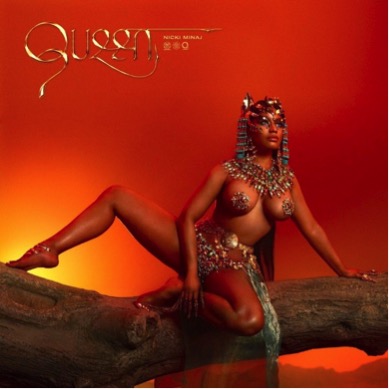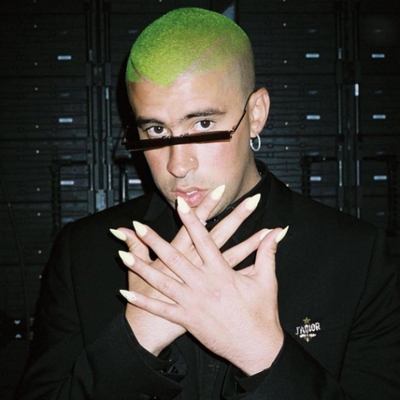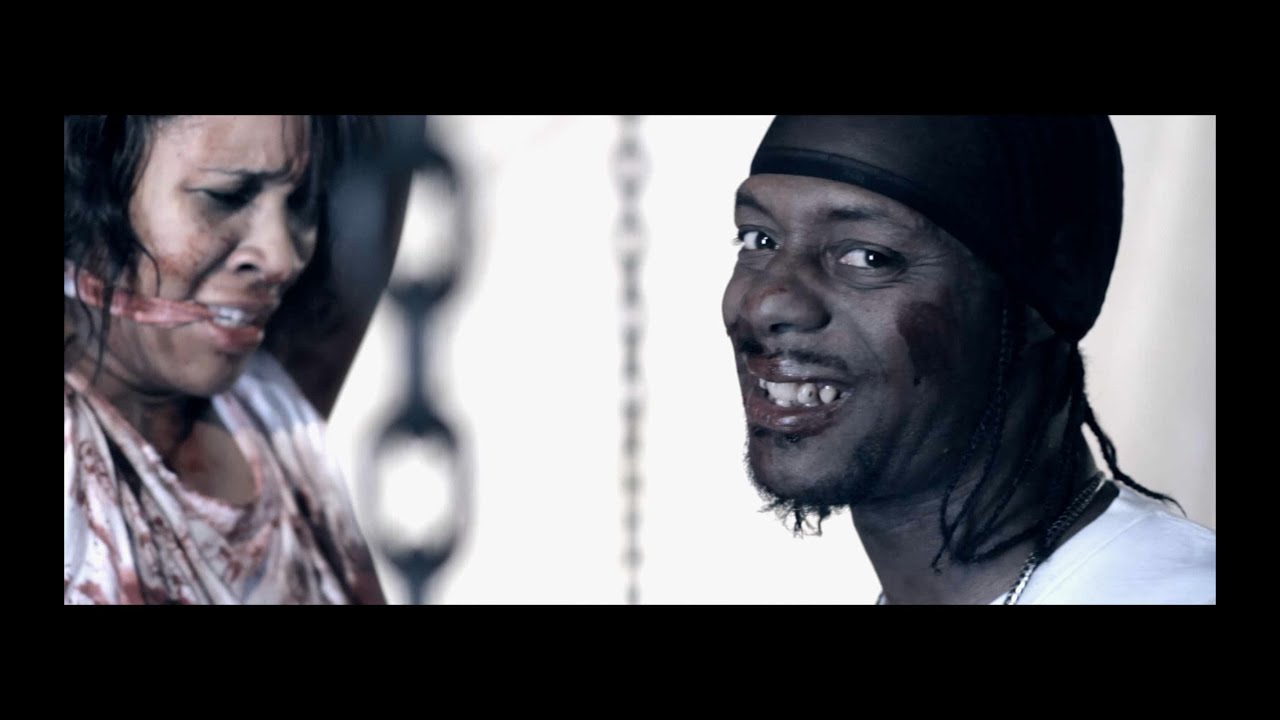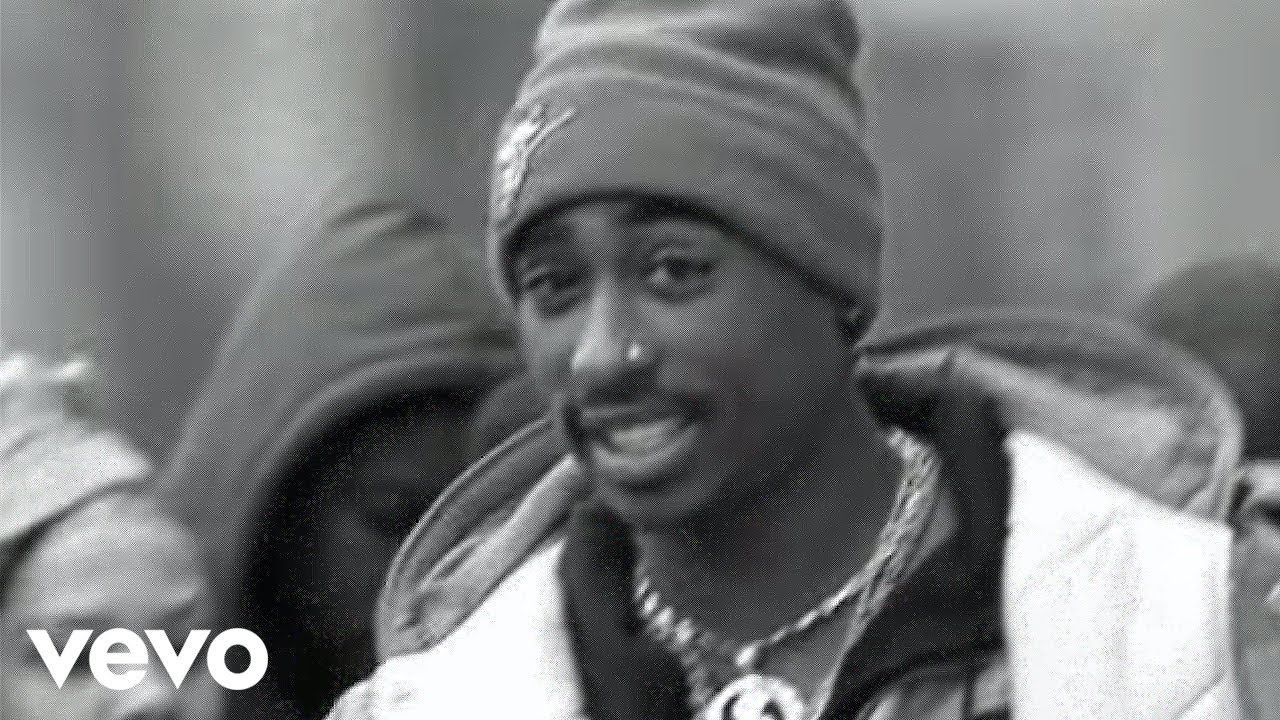
The rap industry, in general, is notorious for demeaning and sexualizing women in the most derogatory fashion. Slurs such as b*tch and whore are among the regular verbiage used to depict women. Women are objectified lyrically and in the majority of the music videos promoted by rappers. Moreover, women in the rap industry contribute to the rhetoric and buy into the concept of objectification by selling themselves and their bodies to the public.
Women in the Rap industry adhere to the same agenda male rappers constantly portray to the public. Niki Minaj (pictured above) is one of the most dominant female figures in the rap industry. She and other prominent rappers such as Cardi B, Iggy Azalea, and others are often scantily clad and utilize the same demoralizing verbiage that male artists practice when articulating women. The image above depicts Nicki Minaj mostly nude portraying royalty in a very sexualized and objectified manner. She promotes her sexual influence and uses her sexuality to draw in the attention of the audience. This image is the cover photo for her latest album, which further proves her intent to sexualizing herself to captivate an audience and generate more revenue.
In music videos, Nicki Minaj and most female rappers, as well as most women, are often nude or mostly nude. This pornographic portrayal of women seems criminal, especially in a society where men are not subject to the same physical degradation. Which begs the question, why are women subjected to tying their self-worth to their physical appearance when men are not given that same standard?
Female Rappers have the opportunity to redefine rap culture and move the message away from associating women as a figure of infatuation as opposed to a figure with more respect. Nicki Minaj and other female rappers could be revolutionary in pushing a more balanced portrayal of women. That battle begins by portraying a different narrative in which sexualization isn’t the main focus of one’s artistic platform and creating a concept of equality among men and women.







Hi Taylor. This is a very interesting topic you covered. As unfortunate as it is, the practice of sexualizing women, whether it be men or the woman herself, is among the most influential ways of promoting music. We see this a lot more in our generation with the rise of artists like “SexyyRed” and “Ice Spice’ who essentially perform for females, yet dress for the male gaze. Because we as a generation have put unrealistic expectations on young women, in order for upcoming artists to feel heard and be seen, dressing provocatively and including belittling lyrics of women does not support the case. It is so normalized for women to be dancing inappropriately while saying very sexually extreme lyrics that when we see this, it does not occur to us that the reason we constantly hear and accept artists like this is for the ill intentions of society. Sure some music can be considered “hype” or “female empowerment” some would say, but in the grand scheme of things,music produced by females as such, sends the wrong message.